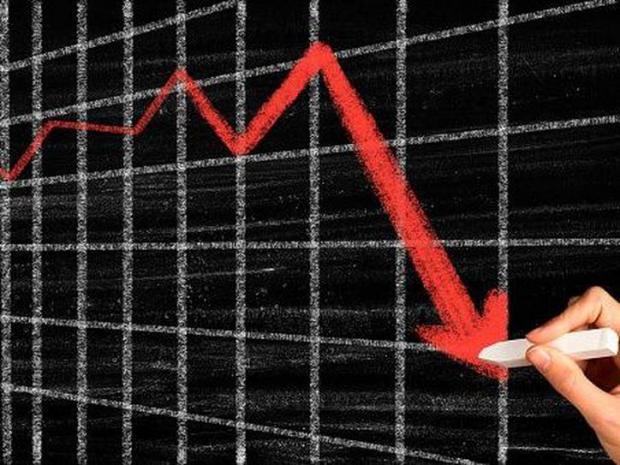
Breaking News
 They Seriously Expected Parades and Trophies For Pausing a Genocide
They Seriously Expected Parades and Trophies For Pausing a Genocide
 Portland Antifa & Leftist ICE Protesters Receive U-Haul Full Of Supplies As Dem Establishment...
Portland Antifa & Leftist ICE Protesters Receive U-Haul Full Of Supplies As Dem Establishment...
 Former French President Ordered To Start 5 Year Solitary Confinement Prison Sentence
Former French President Ordered To Start 5 Year Solitary Confinement Prison Sentence
Top Tech News
 3D Printed Aluminum Alloy Sets Strength Record on Path to Lighter Aircraft Systems
3D Printed Aluminum Alloy Sets Strength Record on Path to Lighter Aircraft Systems
 Big Brother just got an upgrade.
Big Brother just got an upgrade.
SEMI-NEWS/SEMI-SATIRE: October 12, 2025 Edition
 Stem Cell Breakthrough for People with Parkinson's
Stem Cell Breakthrough for People with Parkinson's
 Linux Will Work For You. Time to Dump Windows 10. And Don't Bother with Windows 11
Linux Will Work For You. Time to Dump Windows 10. And Don't Bother with Windows 11
 XAI Using $18 Billion to Get 300,000 More Nvidia B200 Chips
XAI Using $18 Billion to Get 300,000 More Nvidia B200 Chips
 Immortal Monkeys? Not Quite, But Scientists Just Reversed Aging With 'Super' Stem Cells
Immortal Monkeys? Not Quite, But Scientists Just Reversed Aging With 'Super' Stem Cells
 ICE To Buy Tool That Tracks Locations Of Hundreds Of Millions Of Phones Every Day
ICE To Buy Tool That Tracks Locations Of Hundreds Of Millions Of Phones Every Day
 Yixiang 16kWh Battery For $1,920!? New Design!
Yixiang 16kWh Battery For $1,920!? New Design!
 Find a COMPATIBLE Linux Computer for $200+: Roadmap to Linux. Part 1
Find a COMPATIBLE Linux Computer for $200+: Roadmap to Linux. Part 1
Where Not to Be in a Crisis

That may appear to be an overstatement, but historically, it's the norm for a time of major upheaval to occur every eighty years or so. And although some of us began analysing and commenting on the Greater Depression many years ago, it's clear to all of us that we've now entered the leading edge of the crisis.
All of the traditional warning signs are present, and although technology has changed considerably over the millennia, human behaviour has not. We are witnessing the same symptoms that were present in major collapses of the past, going back at least as far as the Roman Empire.
We are therefore seeing not only the initial stages of an economic collapse but the concurrent events, such as an almost total corruption of the political structure, a move toward totalitarian rule, the destruction of currencies, and a loss of faith in leadership across the board. Along the way, we're also experiencing a decline in logic and morality and an eroding sense of humanity.
That's quite a lot to take in, yet, sorry to say; we're only in the first stages of collapse. It will get quite a bit worse before it gets better.
As the economy begins its collapse in earnest, what we shall witness will be a population that will be unable to adapt quickly to the symptoms of the crisis as they increase in frequency and magnitude. The reaction to each will be, first, shock (an inability to comprehend that the impossible has occurred), then fear (a state of confusion and inability to adjust to rapidly-changing conditions), and finally, anger.
This last development should give pause to us all, as it's the stage when those who have been most strongly impacted realise that there's precious little that they can do to regain normalcy. When they find that they can't get their hands around the necks of those who actually are to blame, they'll take out their anger on whomever is in their proximity – each other.
So, the questions arise: Where will these problems be most prevalent? Where will the situations exist that should be avoided as much as possible, in order to minimize the likelihood that we'll become collateral damage of the crisis?

 Roger is now free!
Roger is now free!

